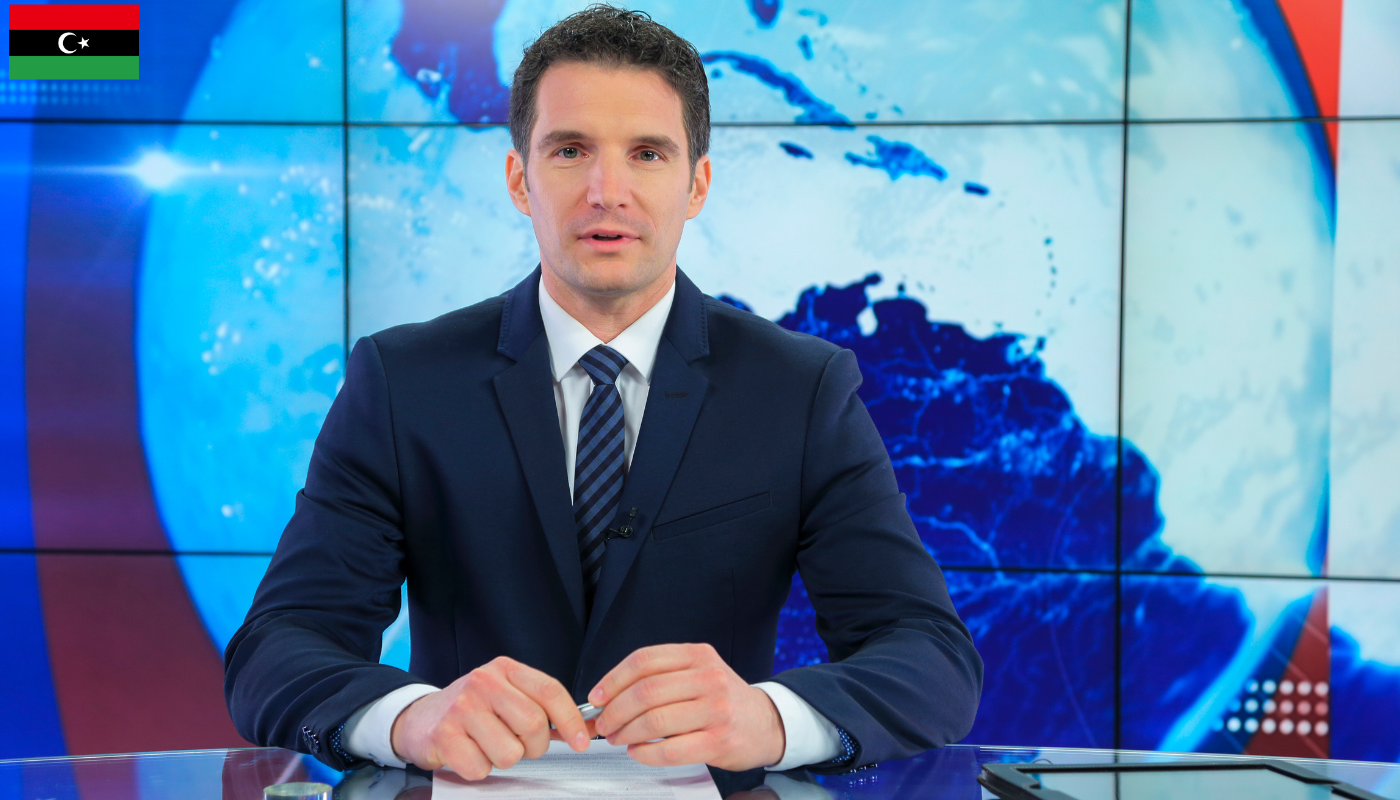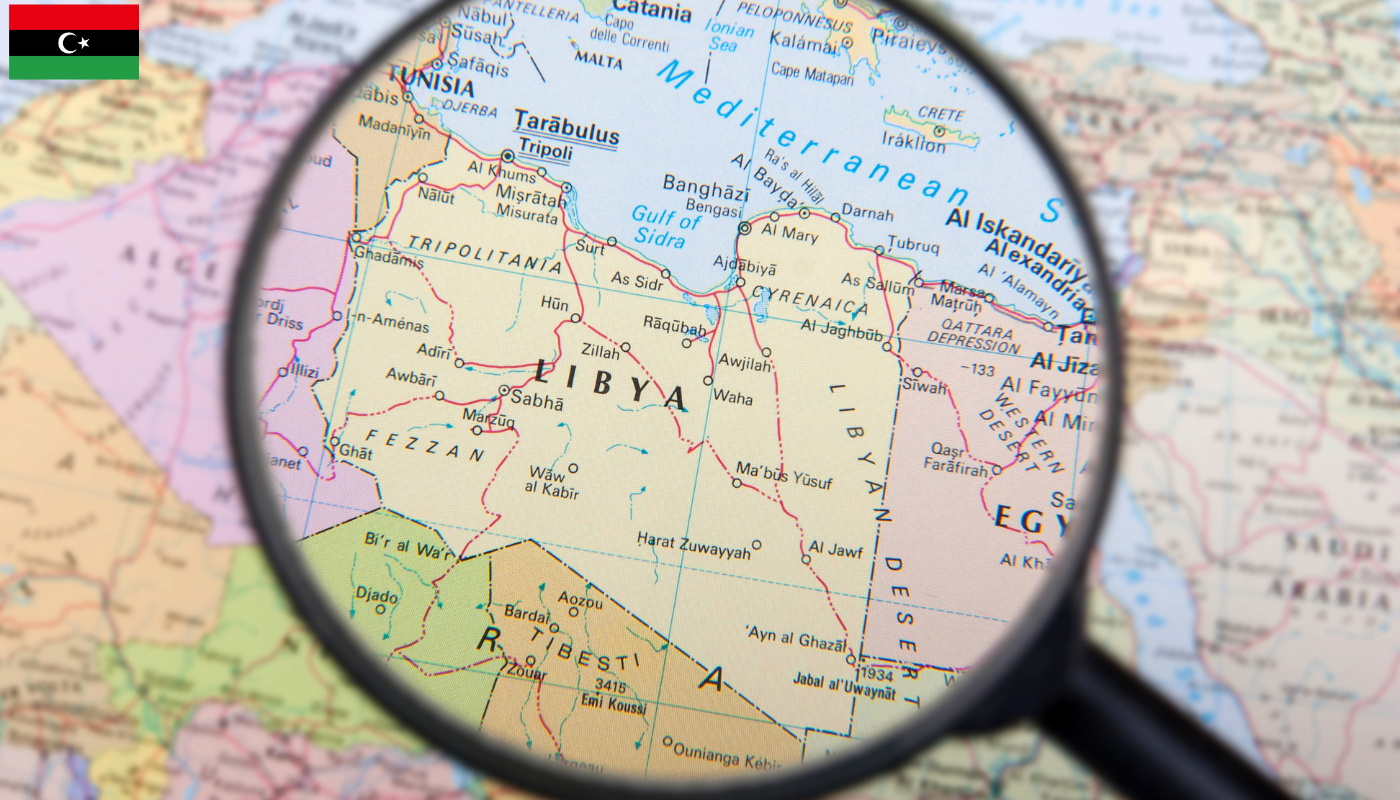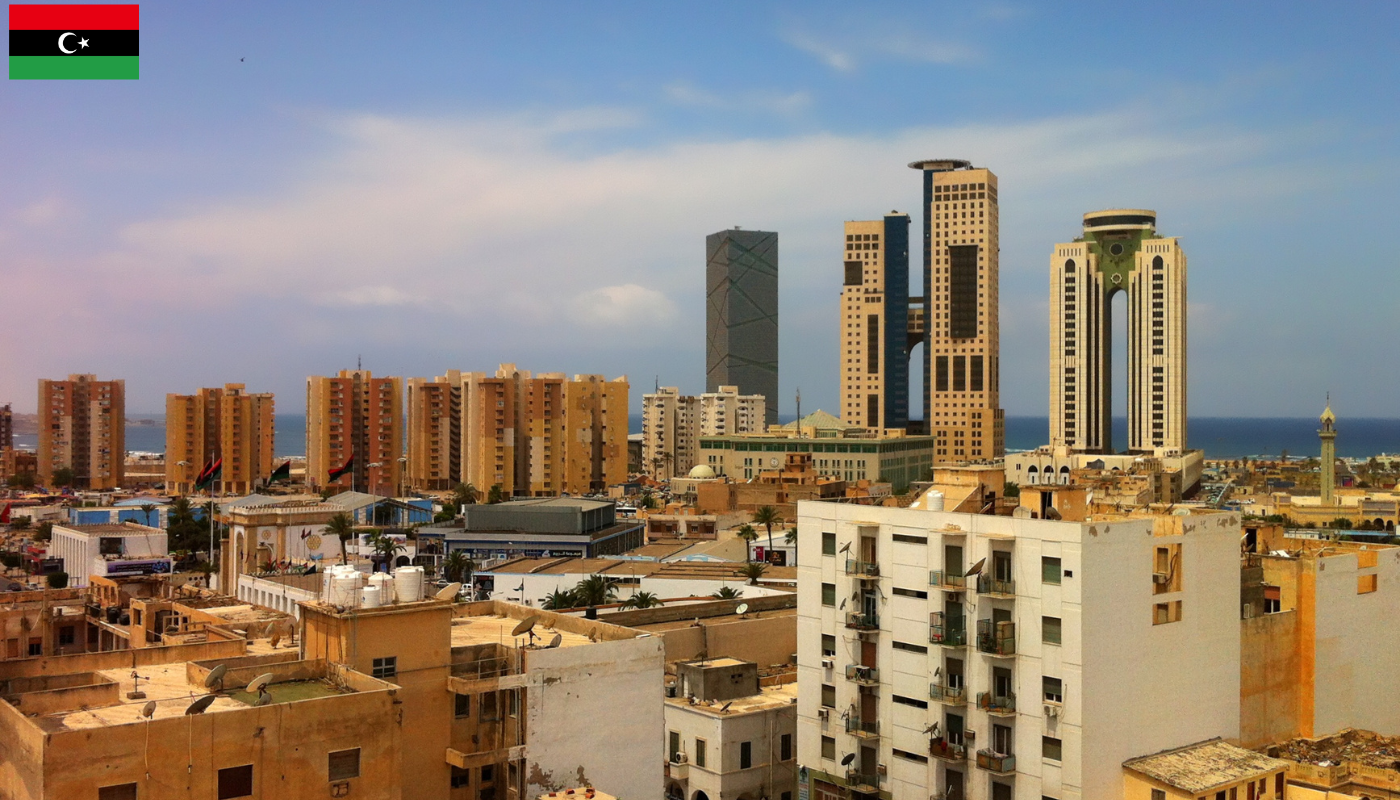The international intentions of the Alliance for military intervention in Libya under the banner of “fighting terrorism” became evident, especially after Italy’s Foreign Minister Roberta Pinotti stated that the Alliance would move forward in combating the Islamic State (ISIS) in Libya, despite the absence of a formed Government of National Accord (GNA). The intervention would be carried out at the request of the Libyan authorities to avoid the appearance of foreign invasion. Pinotti confirmed that Italy had deployed fighter jets to the Trapani airbase and naval forces in the Mediterranean, according to a report by Al Jazeera Center for Studies (translated by LIBYAPROSPECT).
In light of recent statements by American and European officials, there has been a trend towards preparing Western public opinion for imminent intervention. The U.S. Department of Defense website quotes the Chairman of the Joint Chiefs of Staff, Joseph Dunford, who stated that “a decisive decision must be made to fight the Islamic State in Libya.” His statement followed a meeting with his French counterpart. Dunford said, “We fear that Libya will become a launching pad for new terrorist attacks across Africa.” France plans to deploy 3,500 soldiers, along with another 3,500 in the Sahara in North Africa.
Over the past two years, drones used by the European Union have continued to fly over Libyan shores, gathering intelligence on smuggling activities and military installations. U.S. airstrikes have repeatedly targeted ISIS leaders in Libya, the latest of which killed Abu Nabil al-Anbari in Derna, according to the U.S. Department of Defense. In June 2015, the Pentagon announced the death of Mokhtar Belmokhtar in a drone strike in Ajdabiya, according to the report.
In the context of military preparations, the U.S. Department of Defense website indicated that “U.S. military units inside Libya are in contact with Libyan forces and coordinating military training,” which is an attempt by Washington to undermine the military forces on the ground. U.S. Marines were spotted at the Watiya airbase last December. The base is controlled by forces from western Libya, known as the “Tribal Army,” which is associated with the House of Representatives. American and British commandos have also been sent to Libya to observe and gather intelligence, according to the report.
ISIS has carried out numerous operations within Libya, prompting foreign intervention to stop its expansion; for example, on January 7, it attacked a police training center in Zliten (150 km east of Tripoli). Additionally, it targeted the eastern gates of Ras Lanuf in the Oil Crescent area, where oil facility guards are stationed. The Ras Lanuf operation is part of intense fighting in the Oil Crescent area after ISIS attacked the oil ports of Al-Sidra and Ras Lanuf, 180 km east of Sirte. In addition to the human losses among oil facility guards, the clashes led to fires in oil tanks after ISIS took control of Bin Jawad, west of the port of Al-Sidra. ISIS then published photos of the perpetrators, three of whom were black, highlighting the connections between ISIS and other terrorist groups in Africa.
Attacks on oil facilities are not new: at the end of 2014, ISIS carried out a series of attacks that resulted in the deaths of both Libyans and foreigners, including attacks on the Waha, Mabrouk, and Bahi oil fields. During the same period, the group attacked several guard posts between Sirte and Misurata, between Misurata and Tripoli, and on the road leading to Sebha.
Sirte, the birthplace of Gaddafi, was the last city to be liberated by the revolutionaries. Since then, no government has controlled the city, which is 450 km from the capital, Tripoli. The General Staff sent armed battalions only to positions around the city. The residents of Sirte are a mix of tribes: Farjan, Gaddafa, Meadan, Warfalla, Amamra, and tribes from Misurata. Many of them supported Gaddafi’s regime, as it provided them with jobs and services. The city became a breeding ground and refuge for ISIS elements who came from all over, taking advantage of the chaos and security situation across the country amid growing divisions following the launch of Operation Dignity led by Khalifa Haftar in 2014. By the end of 2014, Sirte had become an important stronghold for ISIS, not only in Libya but also in North Africa, according to the report.
The report adds that the group was reinforced by returnees who formed Gaddafi’s battalions and fled when the revolutionaries entered Sirte in 2011. Both have the same goals as ISIS: to eliminate various forces within Libya after Gaddafi. As for the tribes of Sirte, some reluctantly accepted ISIS’s presence, while others saw it as a better option since some of their members joined the group, and on the other hand, ISIS’s presence ensures that the city does not fall into the hands of those who deprived them of the privileges they had under Gaddafi.
ISIS gained further strength when foreign fighters joined its ranks (mainly from Tunisia, Algeria, Morocco, Iraq, Yemen, Egypt, Sudan, and African countries); ISIS leadership called on new recruits to join the group in Libya, taking advantage of the chaos at the borders and human smuggling through the Libyan desert and coasts. This became evident in comments by ISIS leaders, such as Abu Mohammed al-Ansari, in which he called on “mujahideen” to migrate to Libya and join ISIS.
The number of ISIS fighters is estimated to be 2,000-3,000, according to a UN Security Council report issued last November, as hundreds of foreign fighters arrived in Libya following an intensive bombing campaign against the group in Syria and Iraq.
The report adds that foreign powers closely monitored ISIS’s expansion, broadcasting through Western media vast messages that the group, from its base in Sirte, was targeting Europe, as its fighters were only 300 km from European shores. Such messages included confirmed information that ISIS was training fighters to use civilian aircraft through an aviation simulator that replicates a civilian airplane cockpit, raising the question of how the group obtained such technology. ISIS has controlled the Gardabya airbase in Sirte since June last year.
Europe has become part of this situation on the ground within the range of possible ISIS targets, according to a security assessment by the Quilliam Research Institute; since ISIS controlled planes and aviation systems left behind by Gaddafi’s regime. Moreover, its presence among populated areas made any bombings difficult.
The group has managed to control more territory in recent months to the east, west, and south of Sirte, as confirmed by Battalion 166 Commander Mohammed Hassan, commander of security forces at checkpoints between Sirte and Misurata, as well as eyewitnesses in Sirte.
ISIS’s goal seems clear in expanding its strategic positions within Libya. Libya is the only country besides Syria and Iraq where the group controls entire cities: from Heisha, 100 km west of Sirte, to Harawa and Nufaliya in the east, to Bin Jawad, 150 km east of Sirte. Thus, oil fields have come within ISIS’s reach, especially south of Bin Jawad, Al-Sidra, and Ras Lanuf, such as Waha, Mabrouk, and Bahi. It is impossible to talk about Libyan oil without mentioning its enormous importance to beneficiary countries like Italy, Spain, the UK, the US, and China.
The West is cautiously considering ISIS’s plans; Western security thinking post-9/11 does not rule out that those capable of blowing up cars could blow up airports and airplanes if it aligns with their ideologies aimed at causing maximum damage. Here, it’s not just about F-16s or MiG-31s, but also civilian and commercial aircraft.
Western concerns have been heightened by the growing migration crisis, as migrants cross the Mediterranean from the same shores where ISIS controls three major cities in Libya: Sirte, Benghazi, and Derna; reports indicate that tens of thousands of illegal migrants have been able to cross into Europe in recent years. Additionally, Europe, especially countries with Muslim populations, is worried that more and more foreign fighters are joining the group in its new stronghold.
Mutual security reports circulating among EU institutions indicate that Western officials are pressuring the International Alliance to take action against the escalating violence, the collapse of security in Libya, and ISIS threats after international efforts to force Libyan factions to accept a unity government failed.
The Rome conference on Libya, attended by forty countries including the U.S. and the Arab League, is clear evidence of this; the conference decided to support the formation of a unity government stemming from the Skhirat agreement and threatened sanctions against violators, commitments to the arms embargo, provision of urgent assistance to state institutions, especially humanitarian aid, and the fight against ISIS.
In conclusion, the report noted that all the above factors provide sufficient grounds for Western and American intervention, possibly in the coming months, under slogans like (fighting terrorism). But the question arises: will ISIS be able to send or smuggle Libyan oil, as happened in Iraq after seizing the Baiji refinery? After all, all Mediterranean ports are monitored by the EU, which can impose a maritime ban on Libya, just as an air ban was imposed in 2011.
On the other hand, ISIS’s control of the Oil Crescent area will complicate matters for some countries, like the UK, as it will be difficult to strike its positions from the air or sea. This is why the Oil Crescent could become the next stronghold of ISIS if its bases in Sirte and Nufaliya are bombed or attacked by ground forces. Airstrikes alone will not end ISIS, as it uses civilians as human shields, as is happening in Raqqa, Syria.
The difficult choice facing the Government of National Accord in the fight against ISIS lies in its ability to control about 300 km of Libyan coastline and thwart ISIS’s plans to strike Europe. Only comprehensive reconciliation between Libyan factions and fighting the group from within remains.
However, achieving such reconciliation is easier said than done, given the deep divisions and distrust among the various factions in Libya. The country’s political landscape remains fragmented, with multiple groups vying for power and influence. The Government of National Accord (GNA) itself struggles to assert its authority across the entire country, further complicating efforts to create a united front against ISIS. International community support, while important, may not be enough to overcome these internal divisions. Without a comprehensive and inclusive political solution, any military intervention risks exacerbating the conflict, potentially leading to further destabilization rather than eradicating terrorism.






